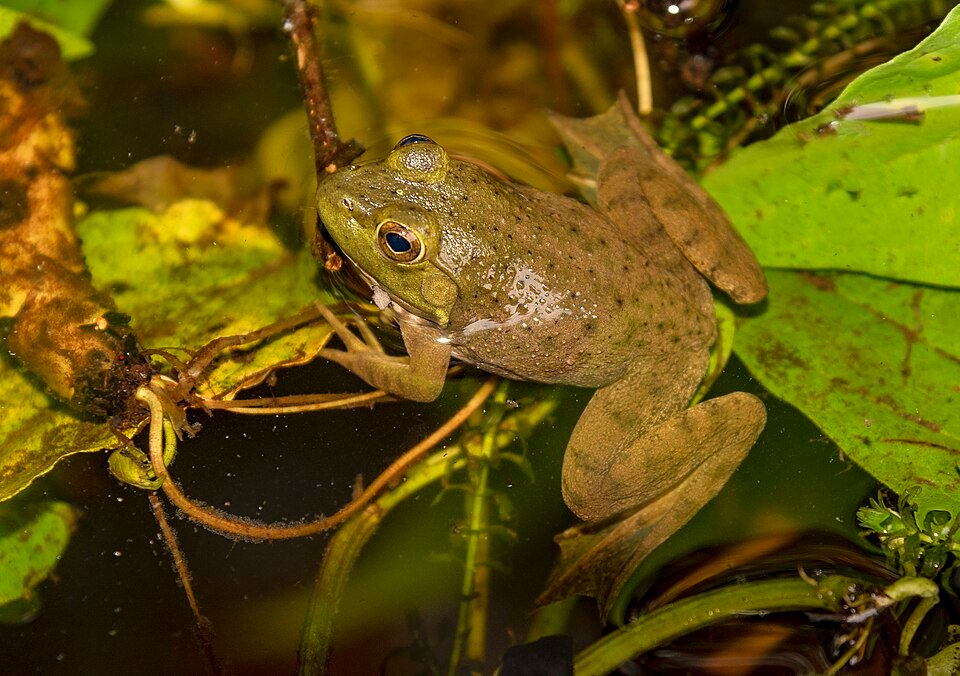By Kelly Foss
Canada.- A Memorial master’s student is helping AquaBounty Canada to determine the best growing conditions for transgenic Atlantic salmon.
The fish, the first genetically modified animal approved as food by the U.S. Food and Drug Administration and engineered at Memorial University, began hitting Canadian dinner tables this year after 25 years of working its way through the approval process.
Master’s in aquaculture
Graduate student Eric Ignatz first went to Prince Edward Island (PEI) for a two-month internship with AquaBounty Canada, the Canadian subsidiary of AquaBounty Technologies, an American company that produces the salmon.
When his work at the company was extended, Mr. Ignatz decided to continue his education and reached out to Dr. Matt Rise of the Department of Ocean Sciences at Memorial.
They worked out a way to allow him to complete an M.Sc. in aquaculture part time via distance education from PEI, under the supervision of Dr. Rise and Dr. Jillian Westcott of the Fisheries and Marine Institute of Memorial University.
“With AquaBounty having received commercial approval, now they’re really gearing up for commercial production,” said Mr. Ignatz.
“They’ve purchased facilities in Rollo Bay, PEI, and Albany, Indiana, but the missing piece of all of that is: What are the optimal conditions to raise these salmon in, so they can grow as fast as possible?”
Stay Always Informed
Join our communities to instantly receive the most important news, reports, and analysis from the aquaculture industry.
Meeting criteria
Mr. Ignatz has been tasked with investigating a variety of factors, including the impact of temperature on the growth, nutritional composition and gene expression of AquaBounty’s AquAdvantage salmon (AAS).
“The impact of rearing temperature has been well investigated in conventional salmon; however, this has never been studied in AAS,” he said. “We are testing whether they have a different thermal optimum due to the effects of AAS’s rapid growth on their metabolism.”
In his research, Mr. Ignatz will look at three different rearing temperatures: 10.5 C, 13.5 C and 16.5 C. He’s also examining composition data — analyzing amino acids and fatty acids, omega-3 and omega-6 in particular, for differences, as well as fillet colour.
“Not only is it important that they get a product to market in an efficient time frame, but that the product is marketable in that it meets criteria for human consumption.”
Data crunching and gene expression
While his research started in June 2016, Mr. Ignatz didn’t officially begin his master’s with Memorial until January 2017.
Fish trials concluded in October. Now, he begins the task of working with the information he has collected.
“It’s definitely a lot of data crunching, but I’m also getting into the gene expression work now,” he said.
“So, it’s a lot of hours spent in a lab. AquaBounty isn’t fully equipped to do all of the gene expression work, so I will be travelling to Charlottetown to do some of my real-time polymerase chain reaction, or qPCR, work in Dr. Mark Fast’s lab at the University of Prince Edward Island, with the help of Dr. Laura Braden.”
If all goes well, he hopes to have the vast majority of his data analyzed by the end of January.
Untapped connections
While the master’s project is primarily a partnership between AquaBounty and Memorial University, Mr. Ignatz’s committee also includes Dr. Tillmann Benfey from the University of New Brunswick (UNB) and Dr. Tiago Hori from the Center for Aquaculture Technologies Canada (CATC).
“I think a lot of the connections between these organizations were there, but have been untapped for a few years,” said Mr. Ignatz. “I know AquaBounty has worked with Dr. Rise in the past, and has done work with UNB previously.
“I think it’s great that with one project I’m revitalizing a lot of those connections. It’s a great opportunity for me because I get to work with so many people from across the Maritimes and Newfoundland and Labrador. It’s been a huge learning experience and I’ve really enjoyed it. My supervisors have been great resources.”
Source: Gazette – Memorial University
Editor at the digital magazine AquaHoy. He holds a degree in Aquaculture Biology from the National University of Santa (UNS) and a Master’s degree in Science and Innovation Management from the Polytechnic University of Valencia, with postgraduate diplomas in Business Innovation and Innovation Management. He possesses extensive experience in the aquaculture and fisheries sector, having led the Fisheries Innovation Unit of the National Program for Innovation in Fisheries and Aquaculture (PNIPA). He has served as a senior consultant in technology watch, an innovation project formulator and advisor, and a lecturer at UNS. He is a member of the Peruvian College of Biologists and was recognized by the World Aquaculture Society (WAS) in 2016 for his contribution to aquaculture.






